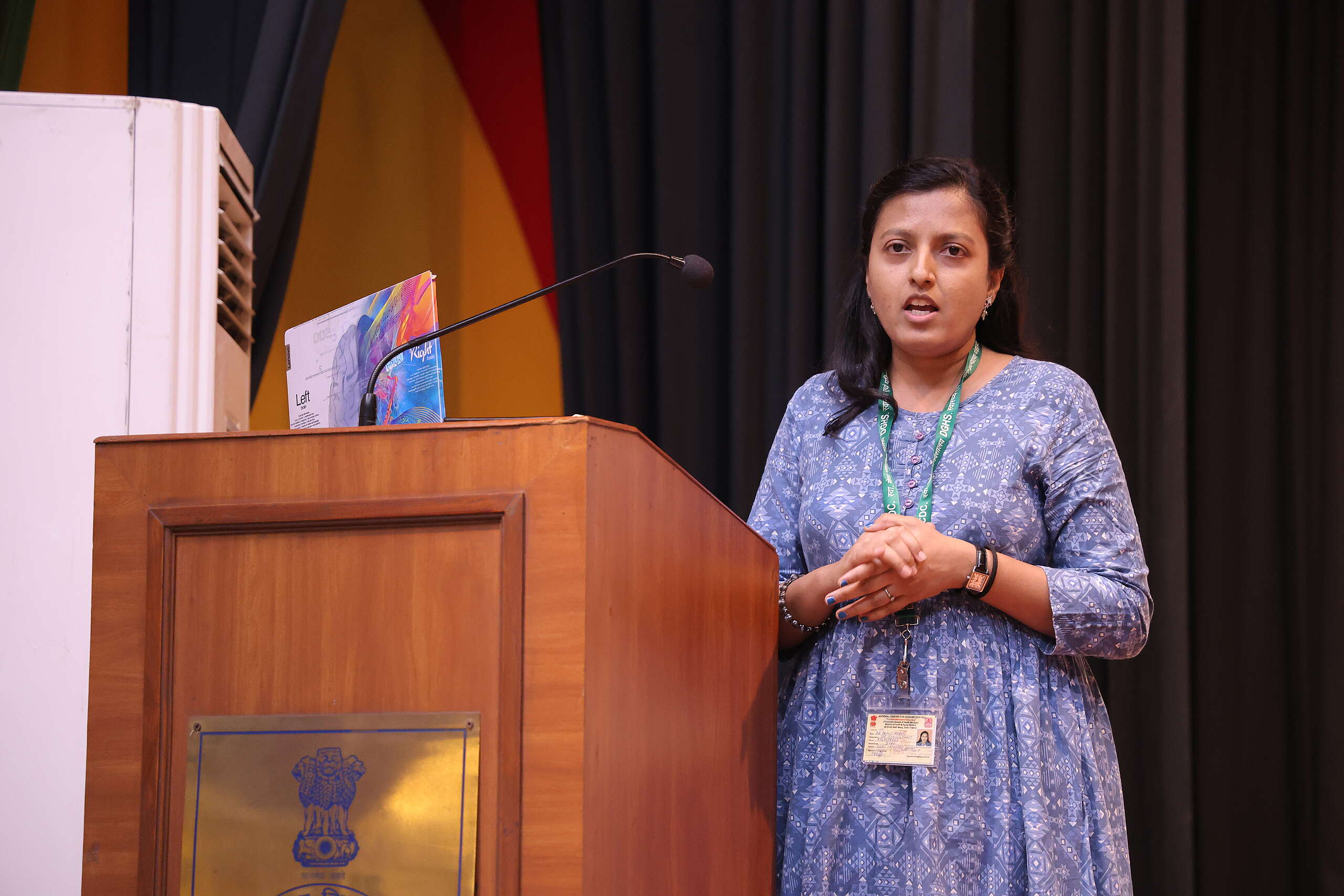It’s 8AM on a bright summer morning as students start streaming into the government school in the remote village of Sakhikuda, Bihar. Dressed in their uniforms, the students begin to get ready for the day’s classes, but before that they have something important to do. Armed with hose pipes and trowels, the high school students start tending to their prized project – an organic kitchen garden. A few months old now, the organic kitchen garden grown by the children is helping make their midday meals more diverse, tasty and nutritious.
Greenpeace India has been working with three schools in Jamui, Bihar to grow organic kitchen gardens, encouraging students and their families to adopt ecological agricultural practices. The Sakhikuda Government School in Jamui District is one of the success stories. The school children have adopted organic farming methods and are growing green leafy vegetables, tomatoes, beans, brinjal, pumpkin, okra, chillies, cabbage and more. It is a silent organic revolution in the making.
After tending to their garden the students enthusiastically lined up with pans and baskets to set out on gobar daan and beej daan rallies. These donation rallies in the village help the students procure cow dung and seeds from the villagers. Slogans like “Jaevik kheti apnana hai, paryavaran ko bachana hai” (adopt organic agriculture to protect the ecosystem) and “Maati ke jung mein, hum sab sang mein” (we are together in the fight of the soil) reverberated through the small village as the disciplined students walked along to collect donations.
Seema Kumari, a 15 year old student at the school, speaks about her experience, “I come from a family of farmers and I have been practising agriculture my whole life. I was previously studying in another school. I joined Sakhikuda School in the past year and found the experience to be delightful. I enjoy growing my own food as part of the schooling experience. The food grown here tastes better, sweeter, and is more nutritious than food procured from the market. We grow garlic, tomato, onion, okra, cauliflower, cabbage, and many other varieties of vegetables. ”
Shashi Kumar Mandal, a farmer from Sakhikuda village practicing chemical agriculture celebrates the initiative: “My children are among the students here and they encourage me to shift from chemical practices to natural, organic farming. Seeing the transformation of the school garden does inspire me to become more environmentally conscious in my own farm.” He, among others, provides a variety of seeds to the school’s kitchen garden so that the children have nutritious food products available.
Shambhu Kumar, another organic farmer from the village, says proudly: “This is the only such program in this village and it is wonderful to see the children learn how to farm sustainably and consciously. The dedication of these children is sure to inspire not just farmers in our district but more people across the country to adopt organic farming practices.”
Aryan Kumar, a 13-year-old student, says, “The organic manure we collect helps protect and increase the (soil) nutrition for our crops… To other school children, I’d like to say that these practices will be of great benefit as you will get to eat healthy food for your mid-day meals and learn about the importance of growing food organically. I would like to grow up and help farmers by promoting organic farming across the country.”
This is the organic revolution we need – where communities, especially the most vulnerable, are empowered to take charge of their own dietary diversity and access nutritious produce. Ecological and decentralised agricultural practices increase community participation and help build resilient agricultural systems. These community-driven practices are creating models that can reverse the impacts of chemical agriculture, leaving behind nutrition-rich soil for future generations, and a beautiful example of collective action against climate change.




Discussion
I have read your article carefully and I agree with you very much. This has provided a great help for my thesis writing, and I will seriously improve it. However, I don't know much about a certain place. Can you help me?